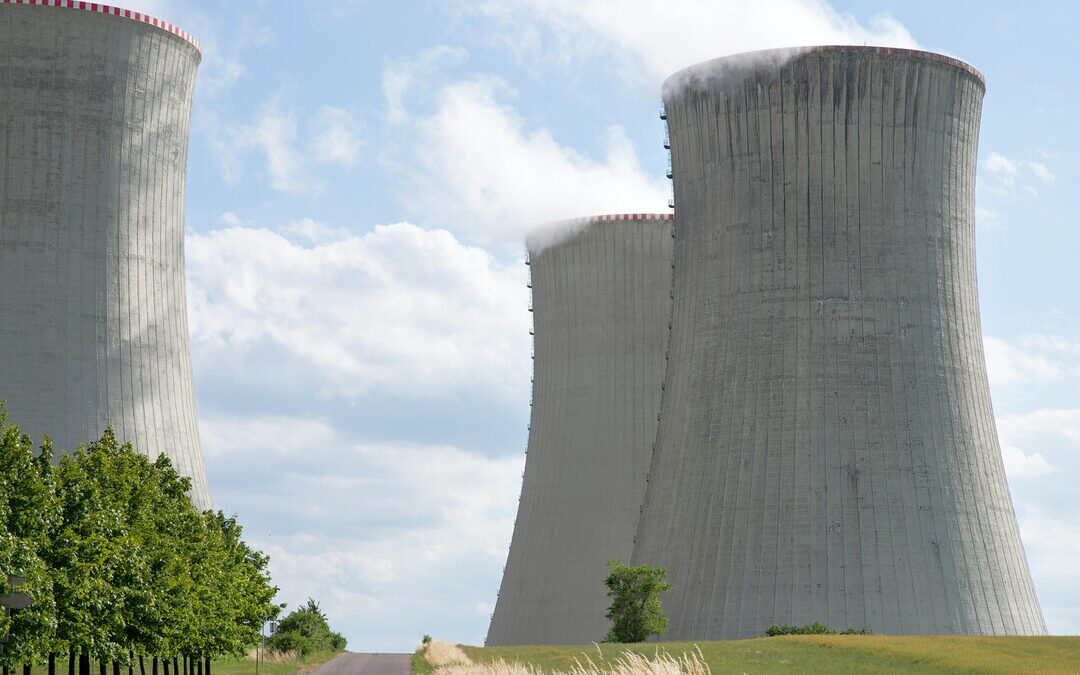EU Says $278B Needed for Nuclear Energy to Meet 2050 Climate Goals
EU report outlines massive nuclear investment needs to support clean energy goals and boost industrial competitiveness by 2050.
The European Union will need approximately €241 billion ($278 billion) in nuclear energy investments by 2050 to meet its climate goals and industrial competitiveness targets, the European Commission said on Monday in its latest assessment of the bloc’s nuclear strategy.
In its eighth Programme Illustrative Nucleaire Communautaire, the commission outlined the financial needs for extending the life of existing reactors and building new large-scale nuclear facilities.
It also called for further funding for advanced technologies, including small modular reactors, advanced modular reactors, microreactors and fusion research.
Nuclear Role in Climate Strategy
The commission projects that by 2040, over 90 percent of the EU’s electricity will come from decarbonized sources, primarily renewables and complemented by nuclear. Nuclear capacity is expected to increase from 98 gigawatts electric in 2025 to approximately 109 GWe in 2050.
“Nuclear energy plays a critical role in the EU’s decarbonization, industrial competitiveness and security of supply strategies,” the commission said in a statement. “All zero- and low-carbon energy solutions are needed to decarbonise the EU’s energy system.”
Industrial Leadership and Innovation
To maintain the EU’s global standing in the nuclear sector, the commission highlighted the need for investment in innovation, workforce development and infrastructure. It called for greater support for startups and the commercialization of new nuclear technologies.
The bloc is also seeking to enhance cooperation between national regulators to expedite licensing processes and to collaborate with international partners to ensure a stable and diversified nuclear fuel supply.
Safety and Waste Management
Ensuring the highest standards of nuclear safety, security and waste management remains a top EU priority. The report said more efforts are needed to develop infrastructure for the disposal of radioactive waste and spent nuclear fuel, along with cost-efficient decommissioning of older facilities.
The commission will finalize the PINC after receiving input from the European Economic and Social Committee. The document is expected to be discussed further by EU energy ministers during the Energy Council meeting in Luxembourg on June 16.
Under Article 40 of the Euratom Treaty, the PINC provides a fact-based analysis of nuclear energy development and investment needs across the EU. The report aligns with broader EU strategies, including the REPowerEU plan and the Clean Industrial Deal.
Nirmal Menon
Related posts

Subscribe
Error: Contact form not found.


